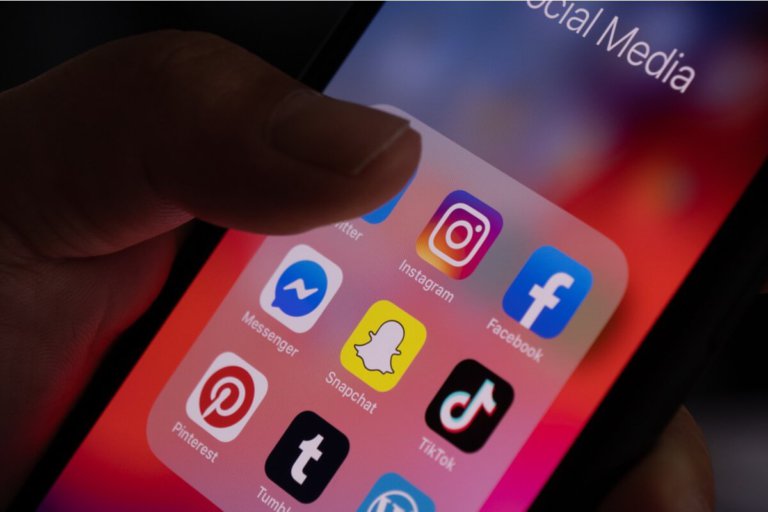
A new policy imposed under the Trump administration requires foreign nationals to list their social media accounts or handles as part of their visa application to visit the US.
This requirement aims to identify potential security threats, and applies to just about every applicant from abroad; as such, prospective international students in the US would also be affected.
The Department of State (DOS) – which plays a role alongside the Department of Homeland Security (DHS) in administering the law and policies on the admission of foreign nationals – adopted this requirement back in May.
The US government’s screening or vetting of individuals via their social media data would mean applicants would need to disclose online aliases or pseudonyms, and allow the government to learn about what they “like,” share or retweet publicly online, in addition to who their friends, family, colleagues and followers are.
Will things change with Trump’s impeachment?

The enhanced screening and vetting processes were introduced under the Trump administration. Source: Shutterstock
The House of Representatives voted on Wednesday (December 18) to impeach Trump on two articles of impeachment: abuse of power and obstruction of Congress.
But Trump’s impeachment by the House doesn’t mean his immediate removal from office. The Senate will hold a trial early next year to decide whether to remove Trump from office.
If he’s not convicted in the Senate, Trump would stay in office until he is reelected or voted out in the 2020 US presidential election. If the Senate impeaches Trump, Vice President Mike Pence would take over until the next election.
For now, the US government is only requesting access to social media identifiers – not their passwords – and accessing data that is publicly shared. However, this can change in the future.
But while the requirement is still in place, international students should be aware about the requirement to disclose their social media identifiers and prepare accordingly during their application process.
A cautionary tale
In August, The Harvard Crimson reported that incoming Harvard freshman Ismail B Ajjawi was deported by officials upon his arrival at Boston Logan International Airport.
Ajjawi – a Palestinian resident of Lebanon – claimed that he was questioned about his religion and religious practices in Lebanon. After his phone and laptop was searched for roughly five hours, an officer questioned him about his friends’ social media activity and their political viewpoints that oppose the US.
In his statement to the newspaper, Ajjawi said he told the officer he had not made any political posts and that he should not be held responsible for posts made by others.
After being deported, Ajjawi continued to be in touch with a lawyer while university officials were also reportedly working to resolve the matter.
The New York Post reported that he managed to arrive at the Ivy League in time to start his course in September.
Liked this? Then you’ll love…
Quiz: Which US city should you visit this winter break?
Austin takes the crown as the best college city in the US – report







